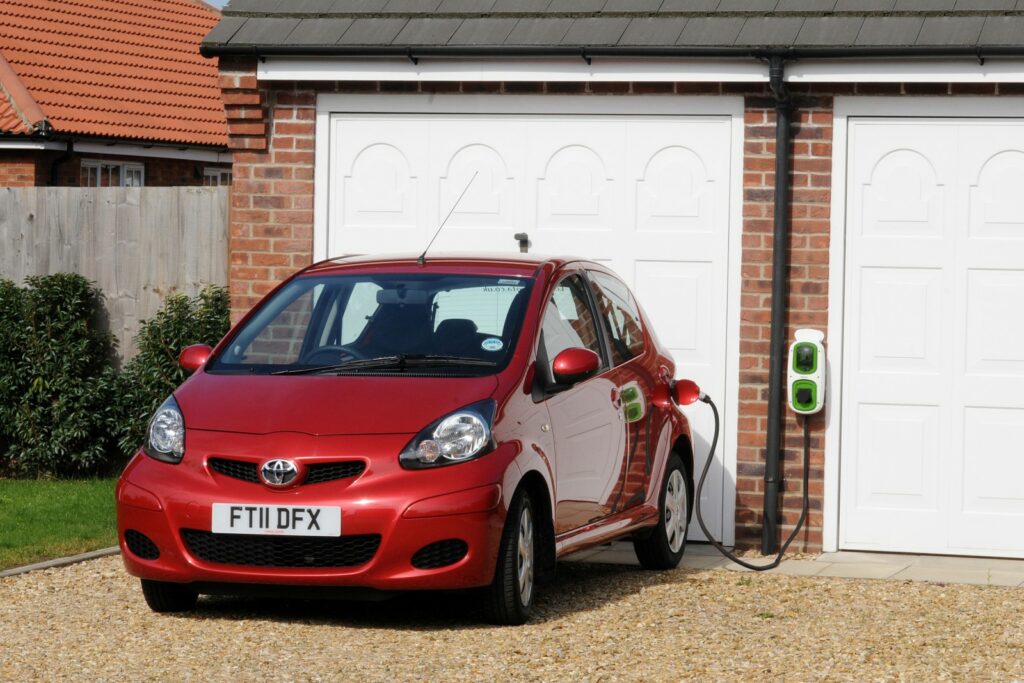A third of drivers believe an electric vehicle won’t be able to handle the amount of miles they travel in their current vehicles, despite averaging just 91 miles each week, according to a new survey.
The research, commissioned by car buying site carwow, found that 32% of the 2,000 drivers included in the survey claim that EVs will not be up to the task of carrying out a range of activities throughout a week.
However, the total average miles clocked up each week by those surveyed is less than half the range of the latest EVs coming into the market, with a third doing more than 120 miles a week.
By contrast, the newly revealed details of the second generation of Nissan Leaf vehicles – the most popular EV in the UK – show that drivers will be able to travel 235 miles on a single charge. This is 80 miles more than the outgoing top range Leaf, while 2018’s Jaguar iPace is expected to have a range of 310 miles.
Despite the range of EVs rapidly increasing as a result of battery technology development, many remain anxious over the distance their vehicles will be able to travel. With the UK government having set a deadline for the end of petrol and diesel vehicles sales in 2040, carwow’s chief operating officer believes drivers will continue to drive traditional vehicles after this date.
“Motorists know that change is coming and are starting to plan towards a different driving future where alternatively fuelled vehicles become an increasingly significant reality,” Andrew Hooks said.
“However, the speed of change is the sticking point. The reliance on the car for so many different types of essential and routine journeys is such that, until the public has confidence that electric vehicles can step seamlessly in, motorists will be reluctant to part with their cars.
“Issues such as charging points, variety of models and price are all factors that will see drivers stick with what they know – despite what legislation might dictate.”
Confusion over the road ahead
The survey also found some confusion over the exact nature of the 2040 deadline, with almost a third (29%) believing it means all petrol and diesel cars over a certain age are to be scrapped on that date rather than a ban on new sales.
Carwow says the research suggests that the confusion over the government’s 2040 deadline raises concerns, particularly for the two million UK workers whose job role directly requires driving.
A key worry for drivers remains the perceived lack of publically available charging infrastructure, with many concerned that the UK’s public charging network remains too limited to accommodate increasing numbers of EVs.
As many as 125,000 are currently thought to be on the country’s roads, while charge point database Zap Map estimates there are around 14,000 connectors at over 8,000 publically available devices in almost 5,000 locations across the UK.
This data does not include home chargers, which often account for the majority of electric vehicle charging. However, the lack of off street parking is expected to become a more pressing issue, with National Grid estimating that 43% of households are without access.
This will require a more comprehensive public charging network, with the government recently committing £400 million to a new charging infrastructure fund while forecourt operators such as Shell have begun their own rollouts of EV chargers.
Despite these measures, carwow’s research still found that one in six (16%) of those surveyed believe it will be impossible to maintain current levels of car use once the petrol and diesel ban kicks in.





